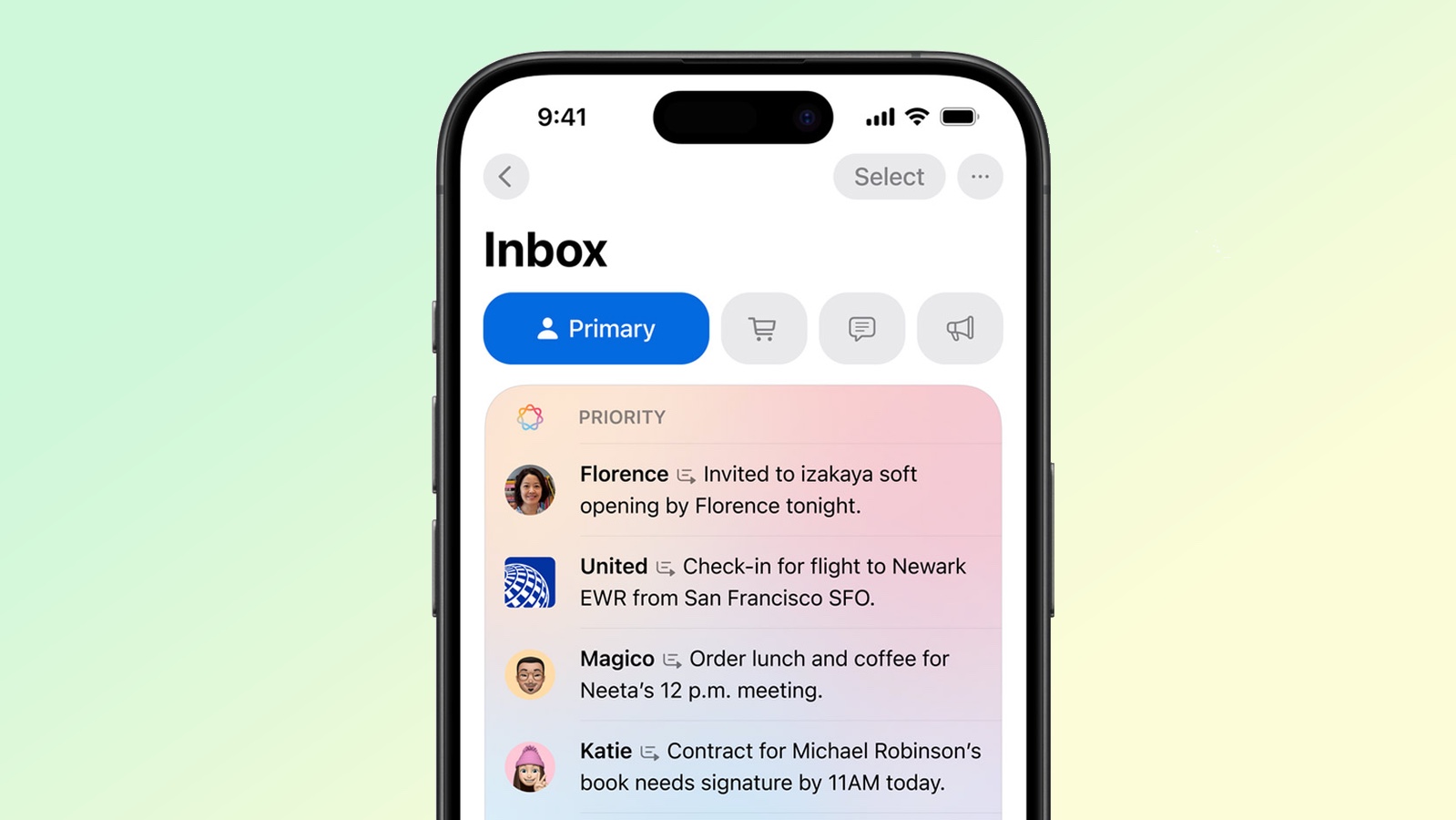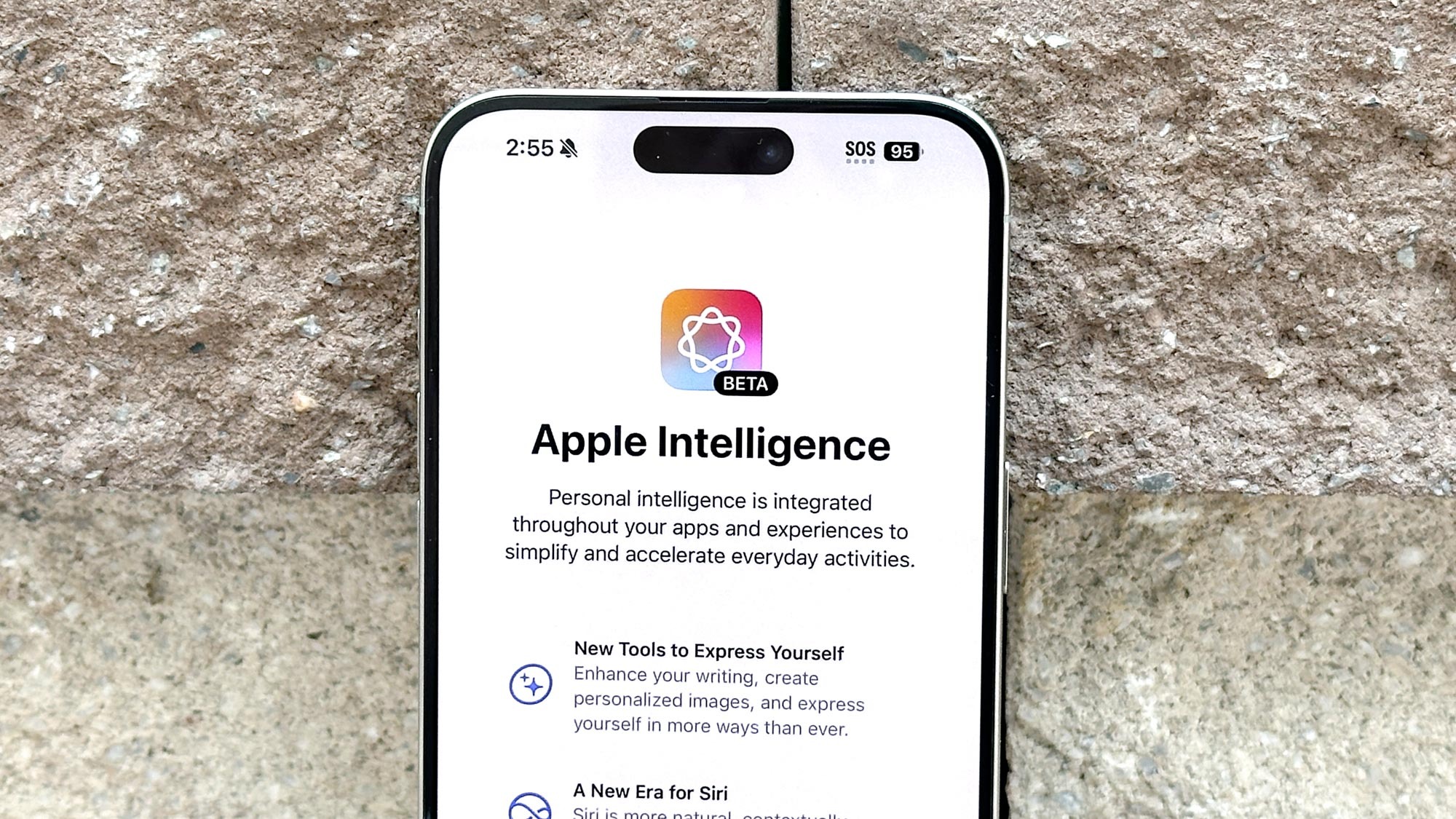
Apple has just joined a growing list of tech giants in a show of commitment to promoting the safe and responsible development of AI. It comes off the release of the first beta version of iOS featuring Apple Intelligence.
The iPhone maker has signed onto the Biden administration's voluntary AI safety guidelines, which were first introduced in July 2023.
By joining the pact, Apple aligns itself with 15 other major players in the AI industry, including OpenAI, Amazon, Google, Meta, Microsoft, and Nvidia.
The guidelines call for the rigorous testing of AI systems to identify risks such as discriminatory biases, security vulnerabilities, and national security concerns.
What are the voluntary AI safety guidelines?

The voluntary guidelines represent an effort by the Biden administration to promote responsible AI development in the absence of formal regulation.
The White House has touted the voluntary guidelines as “the most sweeping actions ever taken” to protect Americans from the potential risks of AI systems.
Here’s a breakdown of its proposed list of recommendations:
- Establishing clear protocols for data collection, usage, and sharing to ensure compliance with privacy laws.
- Sharing data sources used to train AI models to allow for external auditing.
- Creating mechanisms to trace and explain AI decision-making processes, making systems auditable.
- Providing clear explanations of the factors, data, and ethical considerations that influence AI decisions.
- Publishing transparency reports detailing how AI systems reach conclusions, including examples of biased outputs.
- Requiring AI vendors to include fairness and transparency KPIs, with regular reporting.
- Setting up periodic audits to identify biases, with clear procedures to address issues found.
- Allowing companies procuring AI solutions to have testing and audit rights to conduct independent assessments.
- Cultivating diversity in the teams designing AI systems to incorporate broader perspectives and identify potential biases.
- Proactively addressing biases by promoting the use of diverse datasets in AI training
- Providing interactive interfaces that allow users to explore and give feedback on factors influencing AI decisions.
- Establishing clear processes for users to appeal or seek explanations for AI-driven decisions that impact them.
While not legally binding, the pact encourages transparency and collaboration among industry leaders, government agencies, civil society organizations, and academia.
As Congress continues to grapple with the challenges of regulating AI, initiatives like the voluntary safety pact serve as a stepping stone towards a more comprehensive governance framework.
What made Apple sign the guidelines?
This new commitment comes at a pivotal moment for Apple, as it prepares to integrate OpenAI's ChatGPT chatbot into its iPhone voice assistant Siri.
Whatever their intentions, companies can easily walk back on promises made through voluntary commitments without facing formal penalties or fines.
The partnership has drawn scrutiny from some industry leaders, including Tesla CEO Elon Musk, who expressed concerns about the security implications of integrating OpenAI's technology at the operating system level on iOS.
While it’s a good show of commitment from Apple at a time when its stance on privacy has been brought into question, it’s important to note that this move is more symbolic than anything.
The new guidelines for AI safety have not been made into law, which means that there are no legal repercussions for violating them even after making a signed commitment.
As the AI industry continues to scale ever upward, the need for more enforceable regulations couldn’t be any more pressing.
Whatever their intentions, companies can easily walk back on promises made through voluntary commitments without facing formal penalties or fines.







